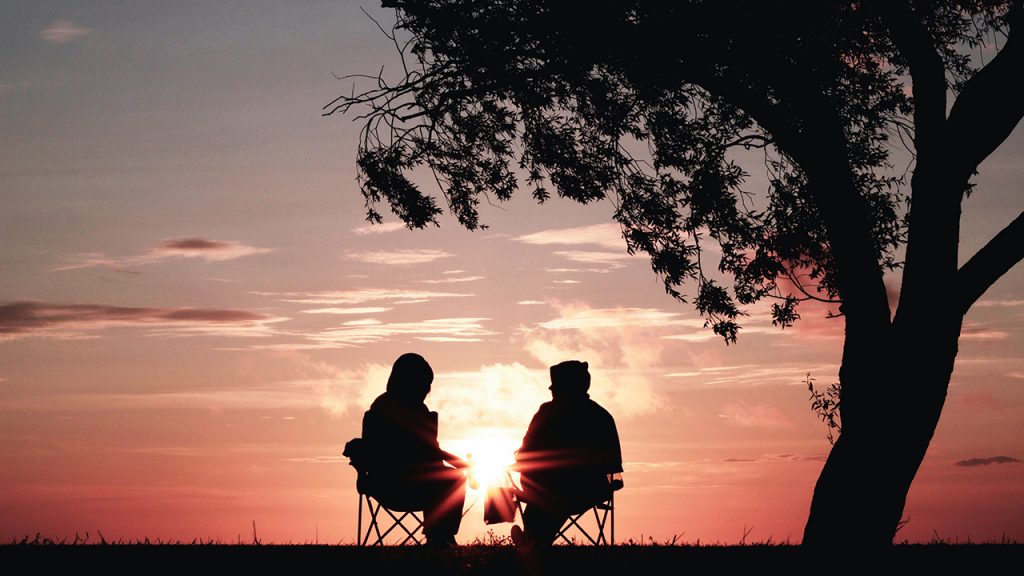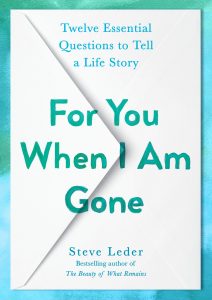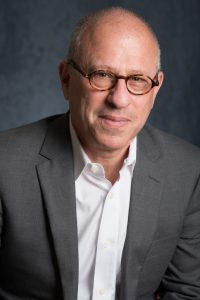What an ethical will is, and why you should have one

You’re more than likely familiar with the idea of creating a will for your family and friends to have a guide on what to do with your finances and personal assets. But Rabbi Steve Leder says there’s something deeply important missing in the modern practice of planning for your eventual passing: the lessons and wisdom that you’ve gained in this life.
 Leder is the senior rabbi at Wilshire Boulevard Temple in Los Angeles and a bestselling nonfiction author. In his latest book, “For You When I Am Gone,” he guides readers through the 12 most important questions to ask yourself or a loved one when looking back on life.
Leder is the senior rabbi at Wilshire Boulevard Temple in Los Angeles and a bestselling nonfiction author. In his latest book, “For You When I Am Gone,” he guides readers through the 12 most important questions to ask yourself or a loved one when looking back on life.
People spend a lot of time, energy and money into creating a legal will that details who will inherit one’s material possessions. But after spending time with more than 1,000 families, Leder says that’s not what people value most when their loved one passes away.
“It’s not our things. It’s our words. It’s our blessings. It’s our guidance. It’s our life lessons. It’s our legacy and our love that they crave and want to hold,” Leder says.
There were two things that led to Leder writing the book. In his previous book, “The Beauty of What Remains,” he devoted a couple of paragraphs to ethical wills. This concept, which dates back more than 1,000 years, sparked the most conversation, Leder says, giving him the idea to focus on the idea of leaving behind for your loved ones a document that communicates your values.
The other impetus to writing the book was the death of his father.

“One of the worst memories of my life was in the aftermath of my father’s death, walking down into the basement of my parents’ home and seeing all of his stuff in a pile on the basement floor,” Leder says. “Nobody wanted it. Goodwill didn’t even want it.”
The pandemic forced people to think more intentionally about what really matters.
“We’re all asking ourselves, Is this really how I want to live? It? Are these people really important to me? Is this time really well spent or, or wasted? And so this book is part of that whole reevaluation, for life, and for our legacy for our loved ones, when we’re gone.”
The first question in the book is: What do you regret in life?
“To answer that question truthfully requires us to crack ourselves open, to break open, and it requires real vulnerability and real humility. And once we’re in that frame of mind, then we can answer the other questions truthfully.”
Oftentimes people regret something that they didn’t do.
“We cannot change the past. But we can use the past to have a different future,” Leder says. “That’s why this question about regret is so important, because we can lead by example for our loved ones and ourselves that these missed opportunities, the words we didn’t say, the chance we didn’t take, can change our life going forward and the lives of the people we love.”
Listen: Rabbi Steve Leder talks about why creating an “ethical will” needs to become a crucial practice for all of us.
Trusted, accurate, up-to-date.
WDET strives to make our journalism accessible to everyone. As a public media institution, we maintain our journalistic integrity through independent support from readers like you. If you value WDET as your source of news, music and conversation, please make a gift today.
